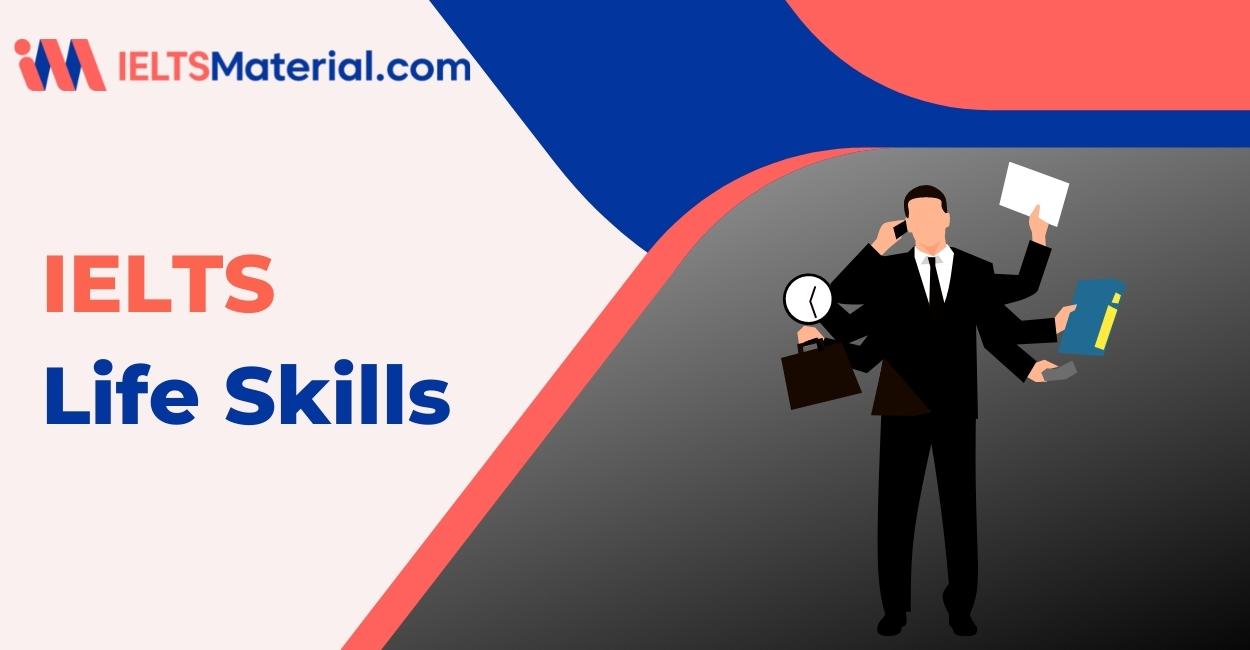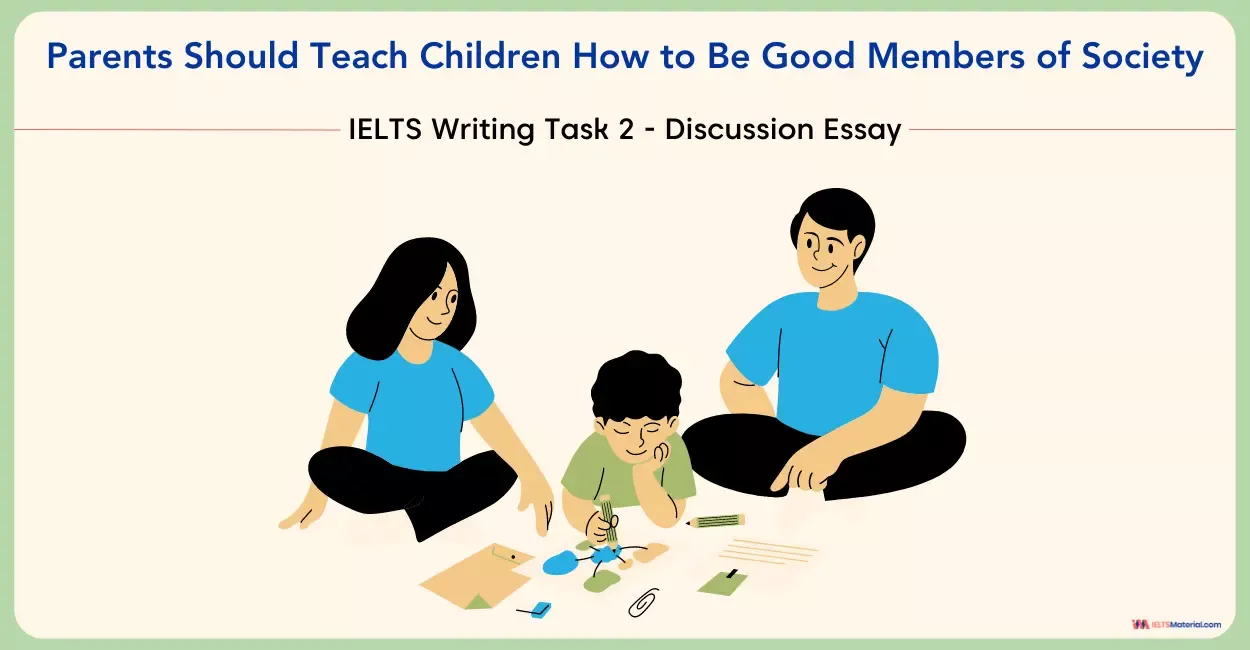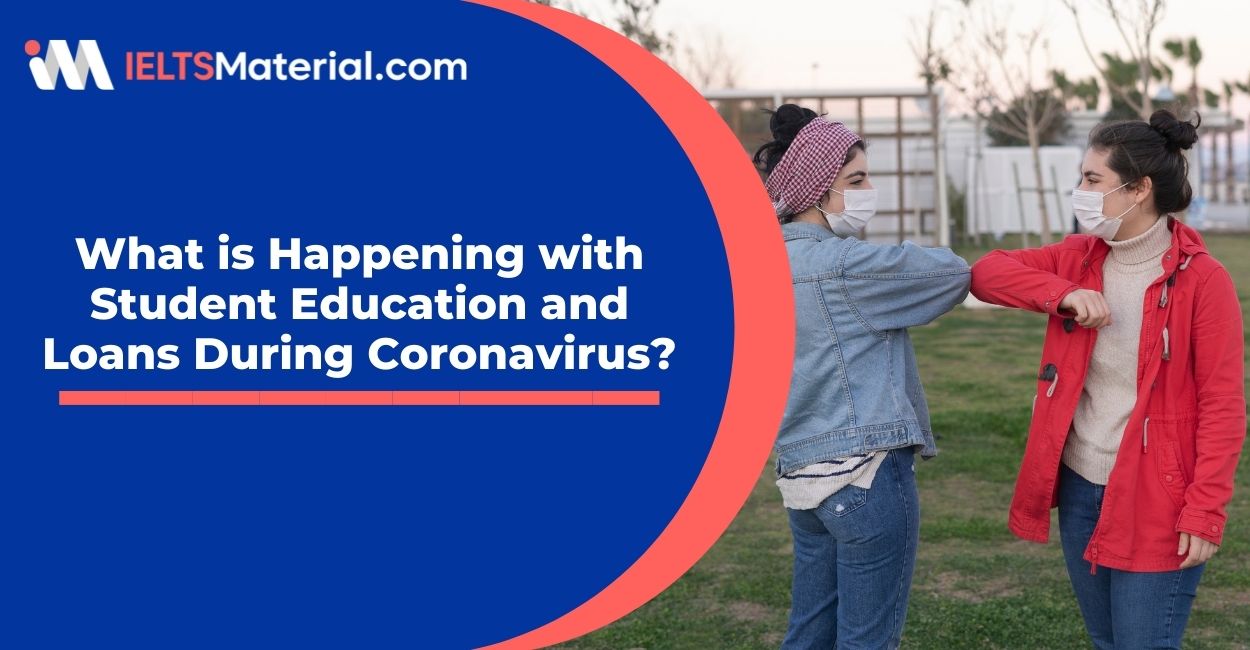What Changes Do You Think this New Century Will Bring – IELTS Writing Task 2
9 min read
Updated On
-
Copy link
Table of Contents
- Question
- Band 7 Sample Answer for Writing Task 2 Question – What Changes Do You Think this New Century Will Bring
- Band 8 Sample Answer for Writing Task 2 Question – What Changes Do You Think this New Century Will Bring
- Band 9 Sample Answer for Writing Task 2 Question – What Changes Do You Think this New Century Will Bring
- IELTS Writing Task 2 Connectors Used in the Sample Answers for What Changes Do You Think this New Century Will Bring
- Additional Resources
Limited-Time Offer : Access a FREE 10-Day IELTS Study Plan!
According to the updated sequence for the IELTS exam, the Writing Module is the first to be conducted. As it is important to begin the exam on the right foot, it is necessary to master your essay writing skills for IELTS Writing Task 2 by practising essay topics, like What Changes Do You Think this New Century Will Bring.
The topic, ‘What Changes Do You Think this New Century Will Bring’ is a Direct Question Essay. Usually, these essays have two questions and are also called Two Part Question essays.
However, unlike the classic type, the essay topic, What Changes Do You Think this New Century Will Bring, asks you one direct question and you need to understand the question and figure out what is being asked. After you have decoded the question correctly, you must answer it clearly and support your argument with appropriate examples.
Now, let’s have a look at the Direct Question essay – What Changes Do You Think this New Century Will Bring – with three sample answers. In case you need to practise more essays to master this task, you can check out the IELTS Writing Task 2 Practice Tests.
| Note:
As you can see, the question is structured in the future tense and therefore is a speculation type of essay. Speculation is the term for the task that requires you to answer primarily in the future tense. Therefore, consider some of the opportunities that the twenty-first century will present to us better communication, space travel, artificial intelligence, and improved healthcare and lifestyle. Finally, discuss four or five potential future important developments. |
Question
You should spend about 40 minutes on this task.
The 21st century has begun. What changes do you think this new century will bring?
Give reasons for your answer and include any relevant examples from your own knowledge or experience.
You should write at least 250 words.
Outline
Type of Essay:
Structure Breakdown:Introduction
Body Paragraph 1
Body Paragraph 2
Conclusion
|
Check Out – Free IELTS Online Tests 2023 | Practice IELTS Mock Test Online
Band 7 Sample Answer for Writing Task 2 Question – What Changes Do You Think this New Century Will Bring
Human society has experienced a huge shift in the last ten years compared to the previous century in order to adapt to a changing world. In my understanding, there are three primary changes that impact both individuals and society in the 21st century.
Firstly, the globe has seen an important development due to improved communication devices and Internet technologies. One of the most prosperous companies, Apple Inc., has transformed interpersonal connections in families and communities. Now, individuals depend more on new technology, like FaceTime, to share ideas, experiences, and feelings with one another. Also, this increasingly popular technique removes the physical separation between two places, allowing acquaintances and business associates to ignore the distance. Due to this dependency, this century will likely see more improvements in this field.
Secondly, the way of living will change drastically as a result of the numerous online and offline changes that have taken place, preferring a more effective way of getting goods and handling medical and prescription problems. For instance, by automatically processing orders for patients depending on their symptoms, smartphone applications will replace the practice of buying drugs in a hospital. Lastly, every individual in the twenty-first century has a desire for a better life. In an effort to keep their bodies healthy, people will be more focused on trying out low-carb diets and outdoor activities. For example, people will be more interested in moving into a property if it has a gym and is peaceful.
Ultimately, I think progress in technology, communication, and improved lifestyles will be part of human life in the twenty-first century. (263 words)
Vocabulary
- Adapt (Verb)
Meaning: make (something) suitable for a new use or purpose; modify
E.g.: Mimi will easily adapt to the new environment when she migrates to London.
- Prosperous (Adjective)
Meaning: successful, usually by earning a lot of money
E.g.: She comes from a prosperous family and so does not value money.
- Interpersonal (Adjective)
Meaning: involving relations between persons
E.g.: Mr. Jash needs to develop interpersonal relations in order to draw in more clients.
- Acquaintances (Noun)
Meaning: a person whom one knows
E.g.: Krish does not like his acquaintances as they are very nosy.
- Associates (Noun)
Meaning: a partner or companion in business or at work
E.g.: Although Mr. Lint and Mr. Ernest are business associates, they have become family.
- Drastically (Adverb)
Meaning: in a way that is severe and sudden or has very noticeable effects
E.g.: His behavior changed drastically as his father entered the room.
- Carb (Noun)
Meaning: foods such as potatoes, pasta, and bread, that contain a lot of carbohydrate
E.g.: The doctor asked him to eat low-carb food to maintain his health.
Don’t wait to solve your IELTS queries! Book a free trial & talk to our Experts!
Band 8 Sample Answer for Writing Task 2 Question – What Changes Do You Think this New Century Will Bring
It is predicted that the twenty-first century will bring forth a few distinct developments. This essay will point out the changes in the fields of education, and public health, which are the areas that would see the maximum changes.
To begin with, the government will implement a variety of safeguards in order to control infectious diseases. Before the discovery of antibiotics, bacterial and viral infections were exceedingly common, but they were all but eliminated. Needless to say, after COVID-19, a unique type of viral contamination, it is called for as, within a few months, this pandemic has killed many people and spread around the world. The only preventative measure we now have for this urgent problem is social separation. According to projections, mankind will be able to combat infectious diseases in the coming years by producing vaccinations quickly and effectively using highly effective methods, such as nanotechnology.
Additionally, more advanced teaching techniques, including role-playing, games, simulations, etc., will be used to instruct students. With professors incorporating students in education, lectures may need to be updated in the near future. For instance, a teacher can provide a challenging scenario to pupils and ask them to choose. Following this, the instructor and students will discuss the case, which will be more practical than rote learning. In addition, the instructional strategies will be online. Since students will not need to commute to and from university, this strategy will be more flexible and convenient for them.
In conclusion, I believe that the twenty-first century will see two significant developments. People would discover a new tool to fight contagious illnesses. In addition, the world will be exposed to new teaching approaches. (278 words)
Vocabulary
- Implement (Verb)
Meaning: to start using a plan or system
E.g.: The committee will implement a strict dress code for all employees.
- Safeguards (Noun)
Meaning: a measure taken to protect someone or something or to prevent something undesirable
E.g.: Everyone needs to follow the safeguards to avoid being infected by this virus.
- Eliminated (Verb)
Meaning: completely remove or get rid of (something)
E.g.: Monty was eliminated from the game show due to bad behavior.
- Preventative (Adjective)
Meaning: devoted to or concerned with preventing something from happening
E.g.: The teacher took some preventative steps to stop the fight.
- Simulations (Noun)
Meaning: a situation or event that seems real but is not real, used especially in order to help people deal with such situations or events
E.g.: Using simulations in education will help students as well as teachers.
- Commute (Verb)
Meaning: to travel regularly a distance between work and home
E.g.: Jolly used to commute daily and it affected her health.
- Contagious (Adjective)
Meaning: capable of being transmitted by bodily contact with an infected person or object
E.g.: This disease is contagious and therefore, is dangerous.
Join us in our IELTS webinars to learn proven tricks to handle IELTS Writing! Explore Now!
Band 9 Sample Answer for Writing Task 2 Question – What Changes Do You Think this New Century Will Bring
With the beginning of the 21st century, a new era emerged that will be marked by rapid advancements and revolutionary shifts to shape the course of our world. The forthcoming paragraphs of this essay will discuss these changes with relevant examples.
First and foremost, the 21st century is expected to witness remarkable technological advancements, including artificial intelligence, biotechnology, nanotechnology, and quantum computing. For example, the widespread use of smartphones, the rise of social media platforms, and the increasing use of machine learning and automation in various fields will reshape industries, enhance communication, and revolutionize healthcare and other sectors. In addition, with the growing recognition of climate change as a global challenge, the 21st century is anticipated to be marked by increased efforts to address environmental issues, transition to renewable energy sources, and adopt sustainable practices. For instance, The Paris Agreement, signed in 2015, brought countries together to commit to limiting global temperature increases and mitigating the impacts of climate change.
Moreover, medical research and technology advances are expected to transform healthcare, leading to personalized medicine, improved treatments, and enhanced disease prevention. To exemplify, the development and deployment of mRNA vaccines, such as those for COVID-19, showcased the rapid progress in vaccine technology. Furthermore, the world will become more interconnected through globalization, enabling the movement of goods, information, and people across borders. This interconnectedness, through the growth of multinational corporations, the expansion of e-commerce, and the ease of international travel and communication, is expected to influence cultural exchange, international cooperation, and economic dynamics.
Overall, I think the evolution of the 21st century is subject to various factors, and unforeseen events can significantly influence the course of history. However, constant technical developments, the health sector and the environment will continue to create a better future. (293 words)
Vocabulary
- Emerged (Verb)
Meaning: become apparent or prominent
E.g.: He emerged as the winner of the competition.
- Remarkable (Adjective)
Meaning: unusual or special and therefore surprising and worth mentioning
E.g.: India has made remarkable progress in the field of defense.
- Revolutionize (Verb)
Meaning: to produce a very great or complete change in something
E.g.: Artificial intelligence has revolutionized work in many fields.
- Anticipated (Verb)
Meaning: to take action in preparation for something that you think will happen
E.g.: We anticipated that India will win the World Cup.
- Mitigating (Verb)
Meaning: to make something less harmful, unpleasant, or bad
E.g.: The boy discussed all his problems with his best friend, thereby mitigating the stress.
- E-commerce (Noun)
Meaning: the buying and selling of goods and services, or the transmitting of funds or data, over an electronic network, primarily the internet
E.g.: E-commerce has become the need of the hour after the pandemic.
- Unforeseen (Adjective)
Meaning: not expected
E.g.: Due to unforeseen circumstances, Ravi was unable to attend the parents-teacher meeting.
Waiting for an Exclusive Study Material on IELTS Writing Task 2?
IELTS Writing Task 2 Connectors Used in the Sample Answers for What Changes Do You Think this New Century Will Bring
Check out the list of connectors used in the above-given sample answers that will help you add coherence to your writing and earn points for your IELTS Writing Task 2 – What Changes Do You Think this New Century Will Bring.
- Firstly
- Also
- Secondly
- For instance
- Lastly
- Ultimately
- To begin with
- Needless to say
- According to
- Additionally
- Following this
- In conclusion
- In addition
- First and foremost
- Moreover
- To exemplify
- Furthermore
- Overall
Now that you have gone through the sample answers on the topic – What Changes Do You Think this New Century Will Bring – it is time for you to try writing on your own. For that, leave your answers as a comment below or you can use our FREE evaluation service!
Additional Resources
- In the future, it seems more difficult to live on Earth – IELTS Writing Task 2 Argumentative Essays
- Some People Think That Planning For the Future is a Waste of Time – IELTS Writing Task 2
- How to Plan an IELTS Writing Task 2 Essay (Best Strategy)
- Scientists Say That In The Future Humanity Will Speak The Same Language- IELTS Writing Task 2
- University Students Should Study Whatever They Like Sample Essay
- Can you use Quotes or Idioms in your IELTS Essay?
- IELTS Writing 2 Practice Test 22 Topic: With the development of media online, there is no future for radio
- In the Future all Cars, Buses and Trucks will be Driverless- IELTS Writing Task 2
Practice IELTS Writing Task 2 based on Essay types
Start Preparing for IELTS: Get Your 10-Day Study Plan Today!
Explore other IELTS Articles

Janice Thompson

Zuhana
Recent Articles


Raajdeep Saha
Kasturika Samanta

Akanksha Tripathi





Post your Comments